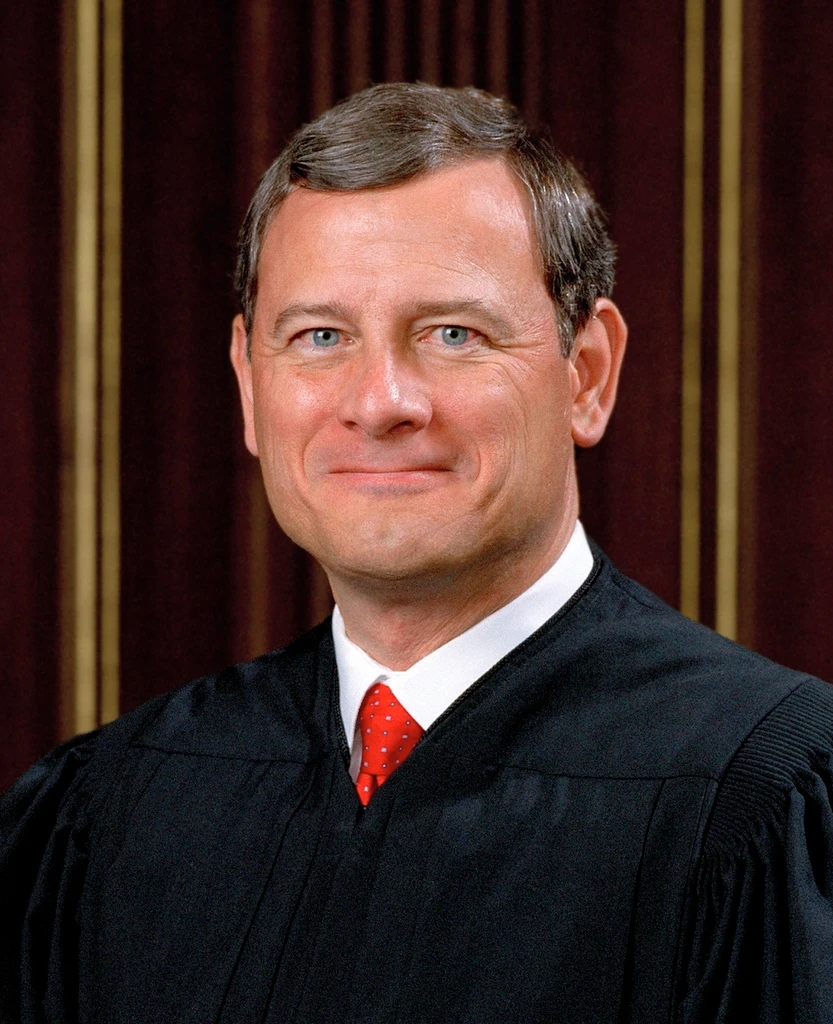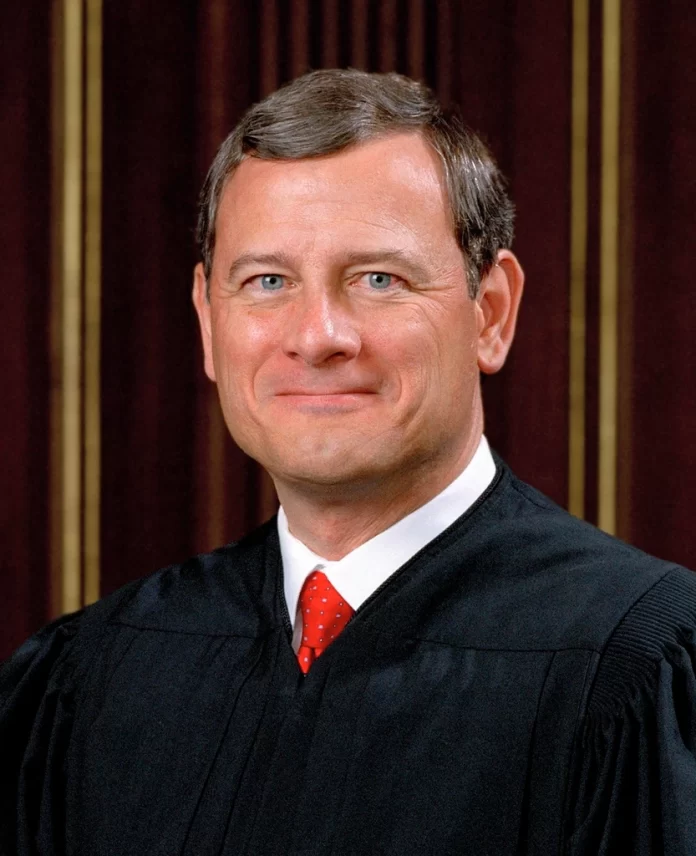In doing so, the US Supreme Court order has once again thrown the future of Florida sports betting into doubt.
This is the latest twist in a years-long dispute about the legality of the state’s gaming compact with the Seminole Tribe.
Signed by SCOTUS chief justice John Roberts, the order recalls the mandate given down by the DC Circuit decision in West Flagler vs Haaland.

This prohibits the Seminole Tribe of Florida from launching sports betting statewide until the court decides on the case.
The Department of the Interior has until 5pm on 18 October to respond to West Flagler’s application.
More delays to Florida sports betting launch
Whatever the court decides after that, it is unlikely that the Seminoles will relaunch sports betting any time soon through its Hard Rock brand.
This is despite earlier speculation that sports betting would be live in time for the first half of the NFL season.
“While the stay does not mean the case will necessarily go forward, the odds that the US Supreme Court accepts the case for argument have improved significantly,” managing partner if Ifrah Law Jeff Ifrah told iGB.
“As a result, Floridians will have to wait even longer to place their first legal sports bets.”
In its 6 October application for a stay, West Flagler said it planned to send the court a formal writ of certiorari – a request to review the case – by 20 November at the latest. If the court opts to take the case, it could be years until the matter is settled.
The case concerns whether the federal government had the authority to approve the Seminoles gaming compact.
The compact, which was approved by governor Ron DeSantis in May 2021, granted the tribe the exclusive rights to offer mobile sports betting in Florida. The agreement saw mobile bets placed off Indian land routed through tribal servers, the so-called “hub-and-spoke” model.
The argument: Did the federal government have the authority to approve the compact?
The argument rests on whether secretary of the interior Deb Haaland had the authority to approve the gaming compact.
In its petitions and arguments before the DC Circuit, West Flagler has accused the compact of breaching several federal laws as well as the constitution.
Arguments have included that the compact violates the Indian Gaming Regulatory Act (IGRA) by authorising the conduct of gaming off Indian land.
West Flagler have also maintained the mobile portion of the compact contravenes the Unlawful Internet Gaming Enforcement Act (UIGEA), as well as the Federal Wire Act.
Additionally, the operators argued the Seminoles’ monopoly infringes the Fifth Amendment’s Equal Protections Clause by granting a single ethnic group exclusive statewide commercial rights.
Florida case: Supreme Court to consider three questions
In its application for a stay West Flagler argued that the case presented three questions of exceptional importance for the Supreme Court to review:
- Does IGRA authorise the Secretary of the Interior to approve (or allow automatic approval of) a compact between a State and an Indian Tribe that provides for the Indian Tribe to offer internet sports gambling throughout the state and thus off Indian lands?
- Is UIGEA violated by an IGRA compact that provides for a tribe to offer online sports betting to persons located off the tribe’s lands, in the territory of a state whose constitution prohibits such sports betting unless it is conducted on tribal lands pursuant to a valid IGRA compact?
- Does it violate the Equal Protection Clause for the secretary of the interior to approve (or allow automatic approval of) a compact between a State and an Indian Tribe that provides the tribe with a statewide monopoly for offering Internet sports gambling, while making such conduct a felony if engaged in by any person who is not a member of that Indian Tribe?
The defence: No substantial question for SCOTUS to review
In its defence against the imposition of a stay by the DC Circuit, the Department of Interior (DOI) argued that a stay “was not warranted”.
The government said this was because the case did not meet the conditions of certiorari, i.e. when a higher court reviews a case tried in the lowers courts.
“There is no reasonable probability that the Supreme Court would grant certiorari in this case and reverse this Court’s decision,” said the DOI. “The Supreme Court grants petitions for certiorari ‘only for compelling reasons’.
“West Flagler’s failure to present a meritorious certiorari issue requires that the motion for stay be dismissed.”
The challenge in the state courts
In additional to the federal case, West Flagler is also seeking to challenge the compact in the state courts. The DC Circuit’s decision explicitly stated this could be an avenue the operator could direct future litigation as its opinion related only to the narrow federal question.
The challenge alleges DeSantis “exceeded his authority” when he approved the compact. The argument rests on a provision of the Florida constitution that prohibits an expansion of casino gambling without approval in a referendum.
The text, Article X, Section 30 of the state constitution – often known as Amendment 3 – was written by Florida anti-gambling lobbying group, No Casinos. The organisation has submitted an amicus brief in support West Flagler in the Florida Supreme Court.
Speaking on iGB’s World Series of Politics, legal experts cast doubts on whether these efforts could be successful. These hinged on the wording of Amendment 3, as well as several technical legal questions.
The background to Florida sports betting
The compact agreed by Ron DeSantis in 2021 permitted the tribe to offer mobile and retail sports betting, with online bets routed through the tribe’s servers.
In addition to authorising craps and roulette at the tribe’s casinos, the agreement also allowed the tribe to partner with parimutuel betting operators for marketing purposes. For this, operators would receive 60% of betting income, defined as net win minus reasonable expenses.
The tribe would also be mandated to pay 13.75% of income received by places that use a pari-mutual betting operator and 10% of its casino sportsbook revenue to the state of Florida.
Original article: https://igamingbusiness.com/legal-compliance/supreme-court-florida-sports-betting-2/














